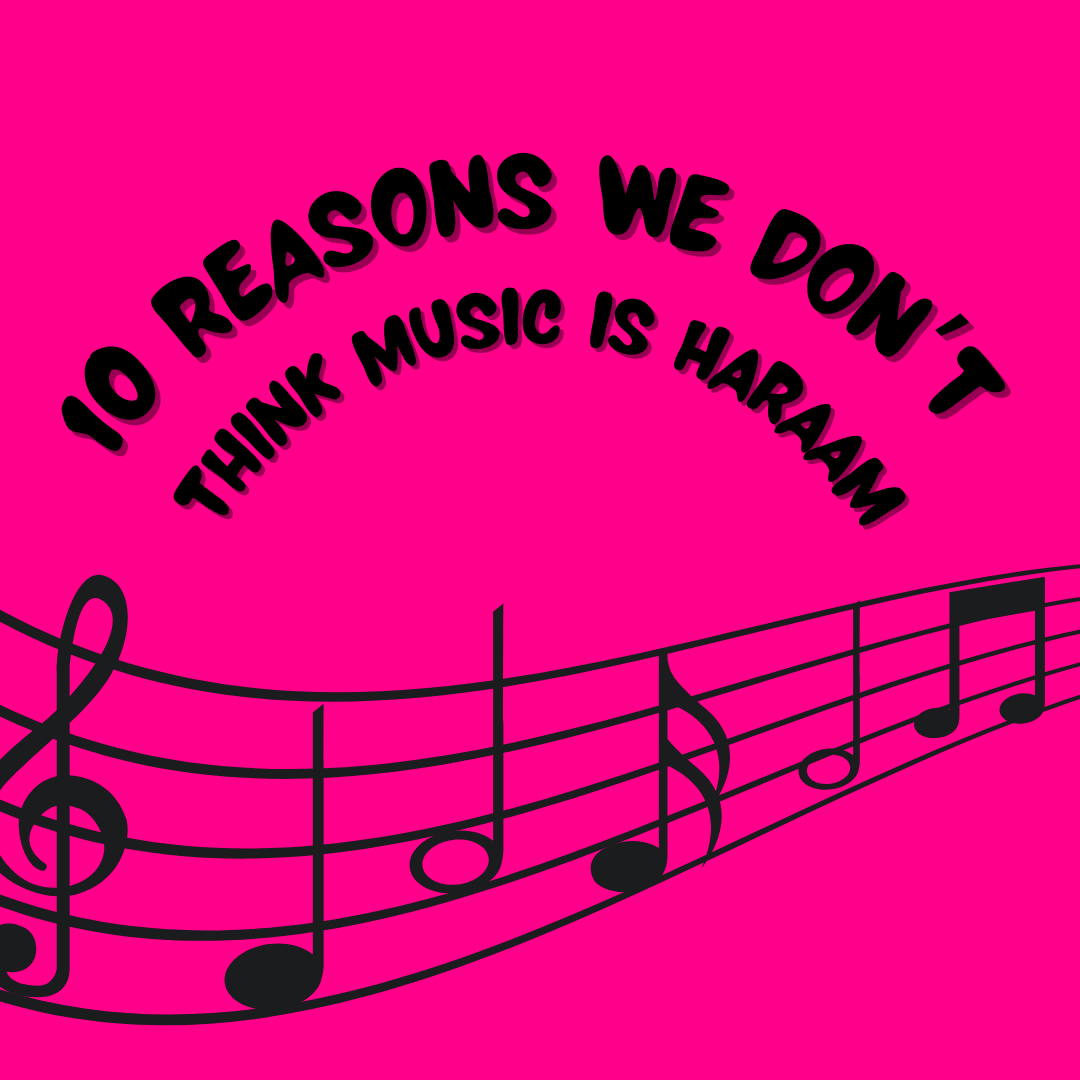The topic of whether music is haraam (forbidden) in Islam has been widely debated among scholars and individuals alike. Different interpretations of Islamic teachings have led to various opinions on the subject. However, some Muslims believe that music is not inherently haraam, and here are 10 reasons why they feel this way:
1. No Direct Quranic Prohibition
One of the strongest arguments made is that the Quran does not explicitly forbid music. While there are verses that encourage positive, moral behavior and avoiding distractions from worship, there is no verse that directly condemns music. This has led some to believe that music, in and of itself, is not inherently forbidden.
2. Cultural Diversity in Music
Islamic culture itself has a rich tradition of music, from the poetic rhythms of Arabic literature to the historical influence of music in different regions. Many Islamic societies have embraced music in various forms, showing that it can be a tool for expression, celebration, and reflection, as long as it does not promote harm.
3. Music as a Form of Expression
Music is often seen as a form of art and personal expression. Just as other forms of art, such as painting, writing, and acting, are not prohibited in Islam, music can also be a valid form of creative expression. It can be used to convey positive messages, share experiences, and even praise Allah or spread love for the Prophet Muhammad (PBUH).
4. The Context Matters
Many scholars and individuals who do not view music as haraam argue that it’s the context in which music is experienced that matters. For example, listening to music with positive, uplifting, or inspirational messages is different from listening to lyrics that promote immorality, violence, or negativity. If music leads to good feelings or encourages positive behavior, it might not be problematic.
5. The Importance of Intention
Islam teaches that intention (niyyah) is critical in many aspects of life. If someone listens to music with the intention of improving their mood, fostering creativity, or relaxing without promoting any sinful behavior, then it can be seen as a neutral act rather than one that is inherently wrong.
6. Music in Moderation
As with most things in life, moderation is key. Many believe that music becomes an issue when it is consumed excessively, leading to distractions from worship, obligations, or moral values. Enjoying music in moderation, without letting it interfere with religious duties or personal growth, is often seen as acceptable.
7. Music in Celebration and Joy
Music is often used to mark joyful occasions like weddings, festivals, and religious celebrations. In many parts of the Muslim world, music accompanies moments of happiness and festivity, without any sign of wrongdoing. These events are seen as part of maintaining positive social connections and celebrating life’s blessings.
8. Diverse Opinions Among Scholars
It is important to note that there are diverse opinions among Islamic scholars regarding music. Some scholars view it as permissible in certain contexts, while others may see it as impermissible. However, many believe that the diversity of opinion in this matter allows for individual discretion and personal judgment based on one’s faith and understanding.
9. Music’s Emotional and Psychological Benefits
There is significant research on the psychological and emotional benefits of music, such as stress relief, boosting mood, and fostering a sense of community. For those who believe in music’s positive influence, it is seen as a helpful tool for mental health and well-being, as long as it does not detract from one’s duties as a Muslim.
10. The Prohibition of Negative Content, Not Music Itself
The majority of discussions about music in Islamic teachings are not about music as a whole but about the content of the music. If the music promotes values that are contrary to Islam, such as promoting drug use, immorality, or disrespect for others, that’s where the problem lies—not the music itself. Positive music that aligns with Islamic principles is seen as beneficial and not harmful.
In Conclusion
While opinions on music vary across different Islamic traditions, the reasons provided reflect the view that music, in and of itself, is not inherently haraam. Instead, it’s the content, context, and intent that matter. Music can be enjoyed as a form of expression, a means of connecting with others, and a way to enhance one’s emotional well-being, as long as it does not lead to sinful behavior or distract from religious obligations. Ultimately, the decision to listen to music should align with personal values and Islamic principles, encouraging mindfulness and moderation.




